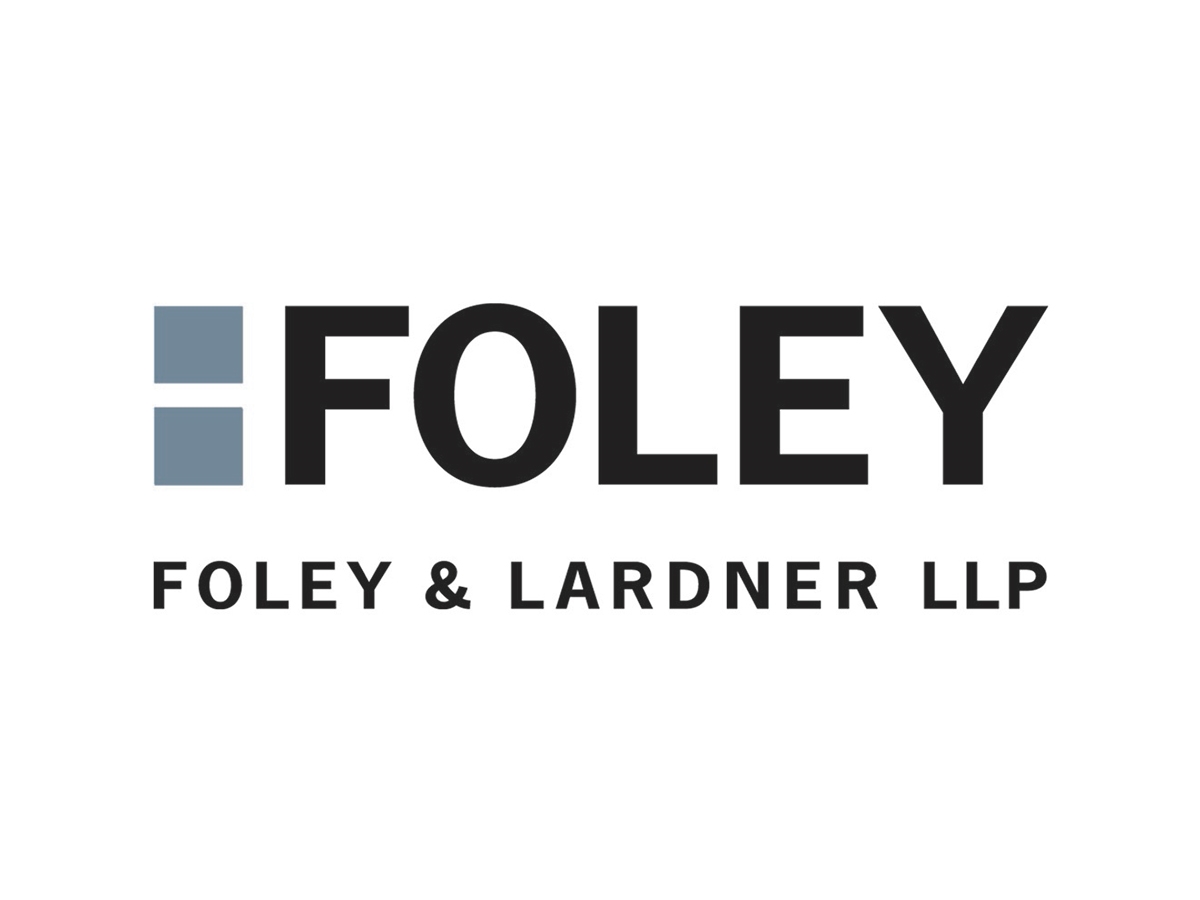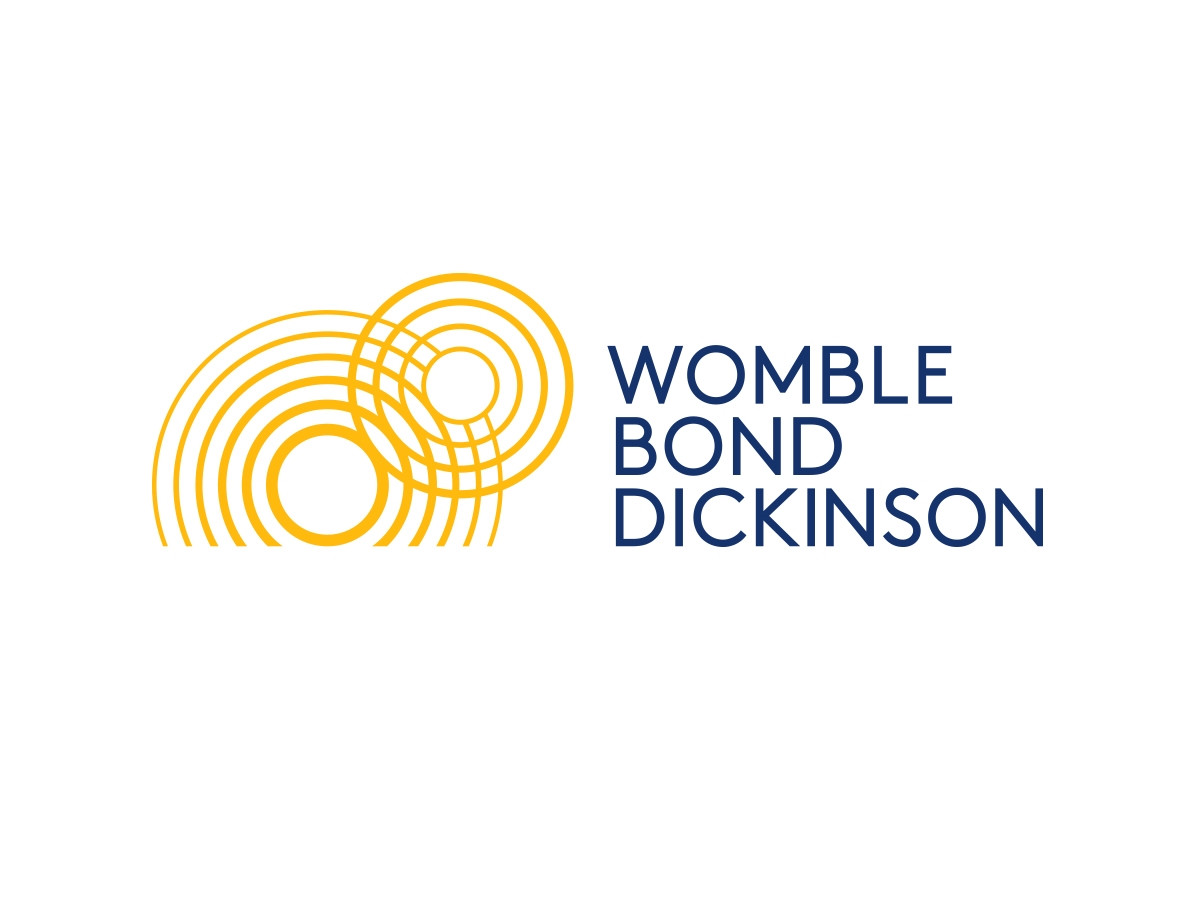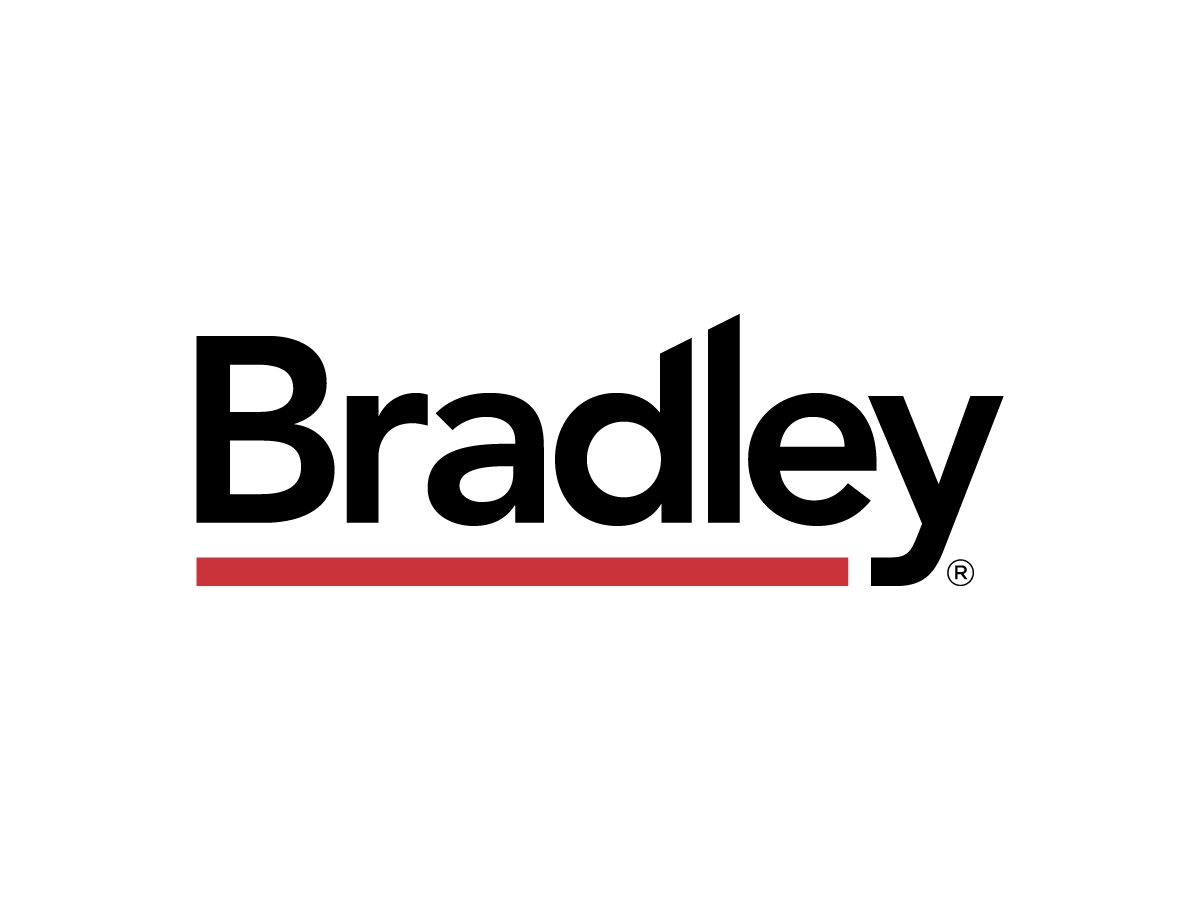USPTO Announces Request for Comments: AI’s Impact on Prior Art and the PHOSITA | Jones Day
The USPTO is seeking public input on whether prior art must be authored by humans and how, if at all, AI-generated disclosures should be treated differently from non-AI generated disclosures.
On April 30, 2024, the United States Patent and Trademark Office (“USPTO” or “the Office”) announced that it is seeking public input on how artificial intelligence (“AI”) affects the determination of prior art as well as the legal hypothetical standard for the person having ordinary skill in the art (“PHOSITA”), which serves as a benchmark for claim construction, anticipation, obviousness, written description, and enablement. This request for comments (“RFC”) is a part of the Office’s ongoing efforts to clarify issues at the intersection of AI and intellectual property, and follows earlier guidance on inventorship, use of AI tools in practice before the Office, and practitioner misconduct relating to AI use. With the July 26, 2024, deadline set forth in Biden administration’s “Executive Order on the Safe, Secure, and Trustworthy Development and Use of Artificial Intelligence” looming, it is likely that these comments will have substantial influence on upcoming guidelines on obviousness and enablement.
The request recognizes the potential for AI-generated disclosures to massively expand the volume of prior art references and raises the question of whether AI-generated disclosures should be afforded the rebuttable “presumption of operability.” As such, the Office is asking for public input on whether prior art must be authored by humans and how, if at all, AI-generated disclosures should be treated differently from non-AI generated disclosures.
In addition, the RFC acknowledges that AI is likely to affect the existing legal standard for a PHOSITA. Thus, the USPTO seeks comments regarding, inter alia, whether a PHOSITA is required to be a natural person and how the required skill level of a PHOSITA should be moderated in view of the availability of AI tools. Further, the RFC acknowledges that there may be a need for legislative changes to the patentability requirements and thus, comments are sought regarding laws and practices in other countries and possible amendments to title 35 of the U.S. Code. Members of the public with an interest in shaping AI policies will have until July 29, 2024, to submit their comments.






